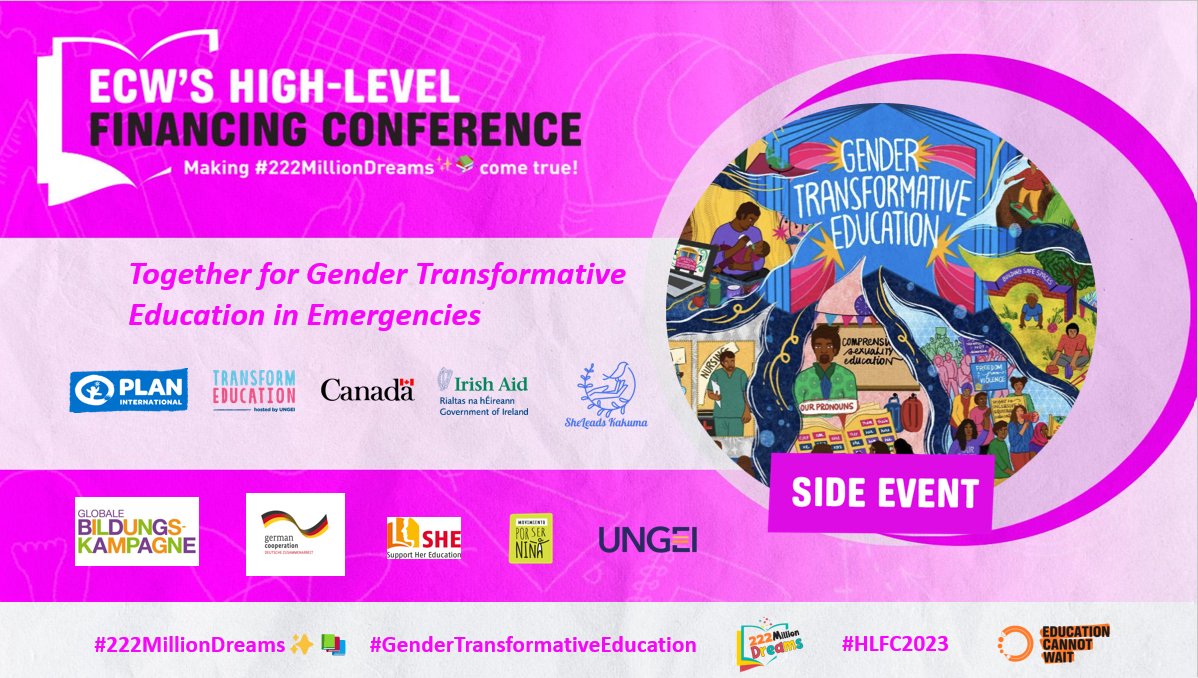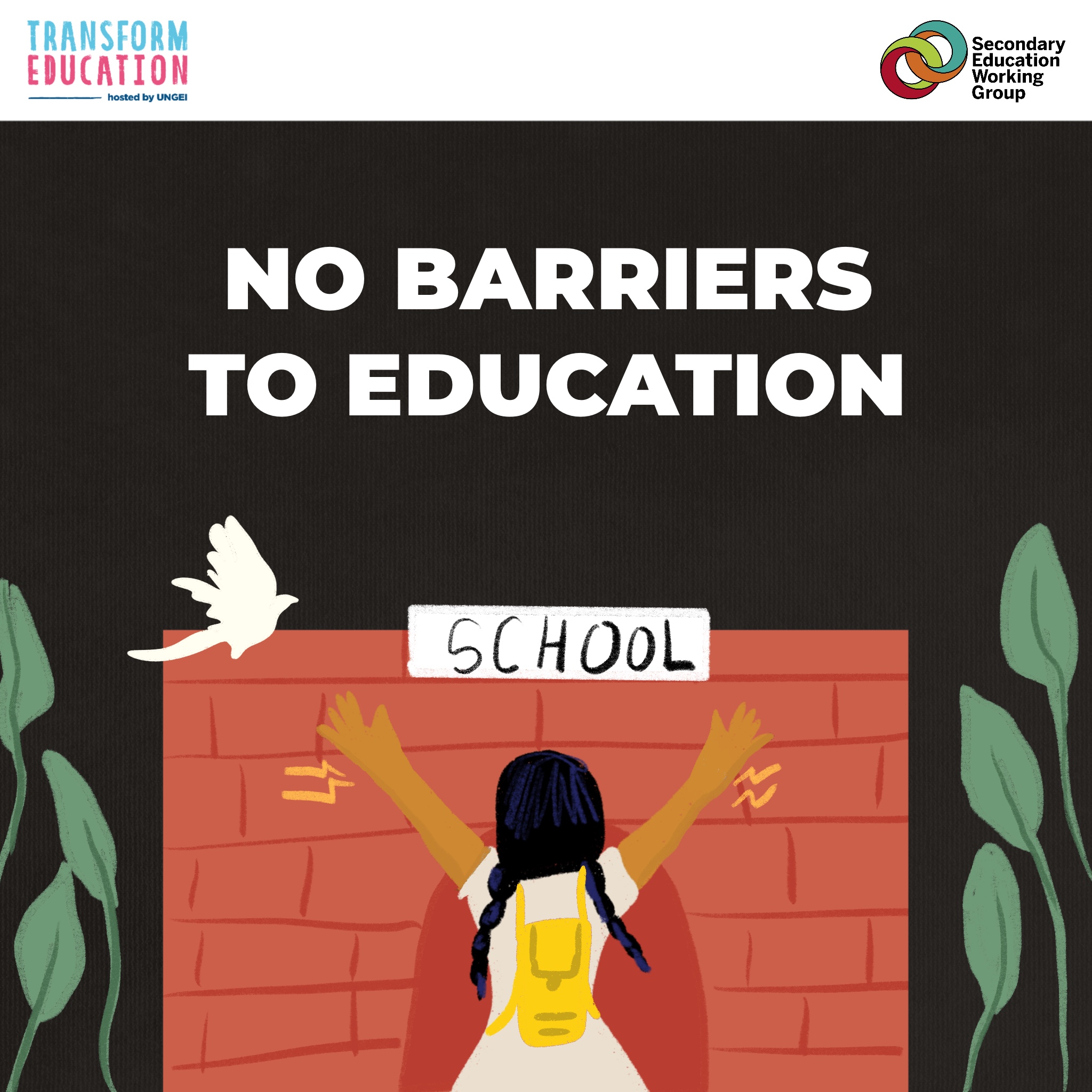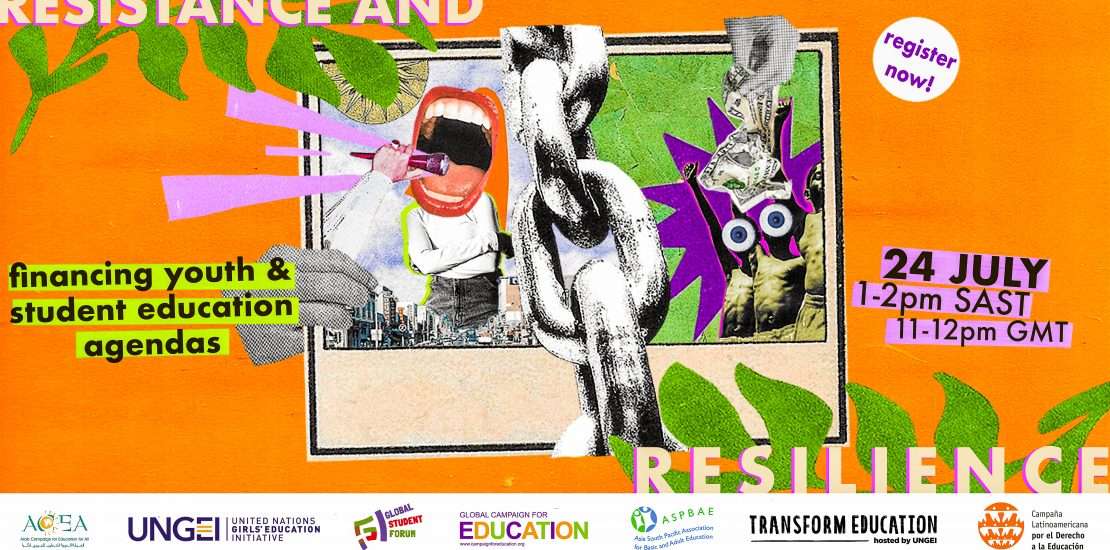Representation does matter! It's easier to envisage what you see. Girls’ experiences at a tender age have a lasting impact on the dreams and choices they make. Seeing people that look like them represented positively in education can provide a huge source of inspiration. The principle of "If you can see it, you can be it!", goes a long way in shaping the minds and lives of young girls and women. Girls and women face specific forms of discrimination in accessing education, within education systems, and through education.
Gender stereotypes further reinforce the need for representation in the education system. How girls and boys are treated in class can perpetuate harmful stereotypes about the different physical and cognitive abilities of girls and boys, leading to gendering of certain subjects, materials and teaching methods. For example, stereotypical gender notions that boys are better suited to maths, technology, sciences and sports, while girls are suited to arts and humanities can lead to under-representation of girls in STEM fields.
Girls need access to teachers who look like them
Children spend so much of their time in school. They are influenced and shaped by their teachers, curriculum, and peers. Teachers' representation and attitude also play a role in perpetuating gender stereotypes from statements made to both girls and boys in class. Just a few examples I have heard in classrooms include, "A mere girl is leading the whole class"; "Boys, why are you not responding? Don't let girls win". Such statements pitch boys against girls to show who is smarter, fail to acknowledge girls' leadership, and place more attention on boy folks in class.
Girls need access to teachers who look like them, to trust with reporting incidents of sexual harassment, receive guidance on decisions about their menstrual, sexual and reproductive health, counteract misogynistic views, and have a role model to look up to.
Representation matters for every child trying to navigate their journey and define their identity in school
Representation matters to that girl who gets shut down from airing her views in class. It matters to the boys and girls who are advised not to choose a particular field because it's a traditionally male or female - dominated field. It matters to that girl who loves STEM and gets pushed to other fields. It matters to the children of all genders who need to voice out to someone that looks like them and has had similar experiences. It matters to the girl who is athletic and agile, yet gets taunted for wanting to play sports like a boy. It matters to the girl who gets told not to aim too high - because she's going to end up in a man's house anyway. It matters to that girl who hears "You're always leading in class, but what a shame!” or “You can have ambition, but not too much.” Representation matters to every girl who is trying to navigate her journey, define her identity, and look up to the role model she wants to become.
Three ways we can all promote representation for girls
- Education systems must be transformed to combat gender stereotypes. Strategies such as redesigning the curriculum and training teachers to challenge and reconstruct harmful gender stereotypes can help to achieve this transformation.
- Subjects and learning materials should not be gendered. Boys and girls should be free to pursue and develop an interest in any subjects they desire. Books, curriculum, posters, images, and learning materials should reflect both genders as scientists, caregivers, teachers, artists, coders, dream chasers and trailblazers.
- Women in career spaces (including STEM) need to be given platforms to show and amplify their work. Through their story and documentation, they are changing the face of history, and inspiring boys and girls out there to dream myriads of choices.


